15 Ways You Are Hurting Your Guinea Pig Without Realizing

Guinea pigs are adorable and social animals that require specific care to thrive. Unfortunately, many owners unknowingly make mistakes that can negatively affect their health and happiness.
Here are 15 ways you could be hurting your guinea pig without realizing, along with actionable tips to improve their well-being.
1. Providing the Wrong Diet
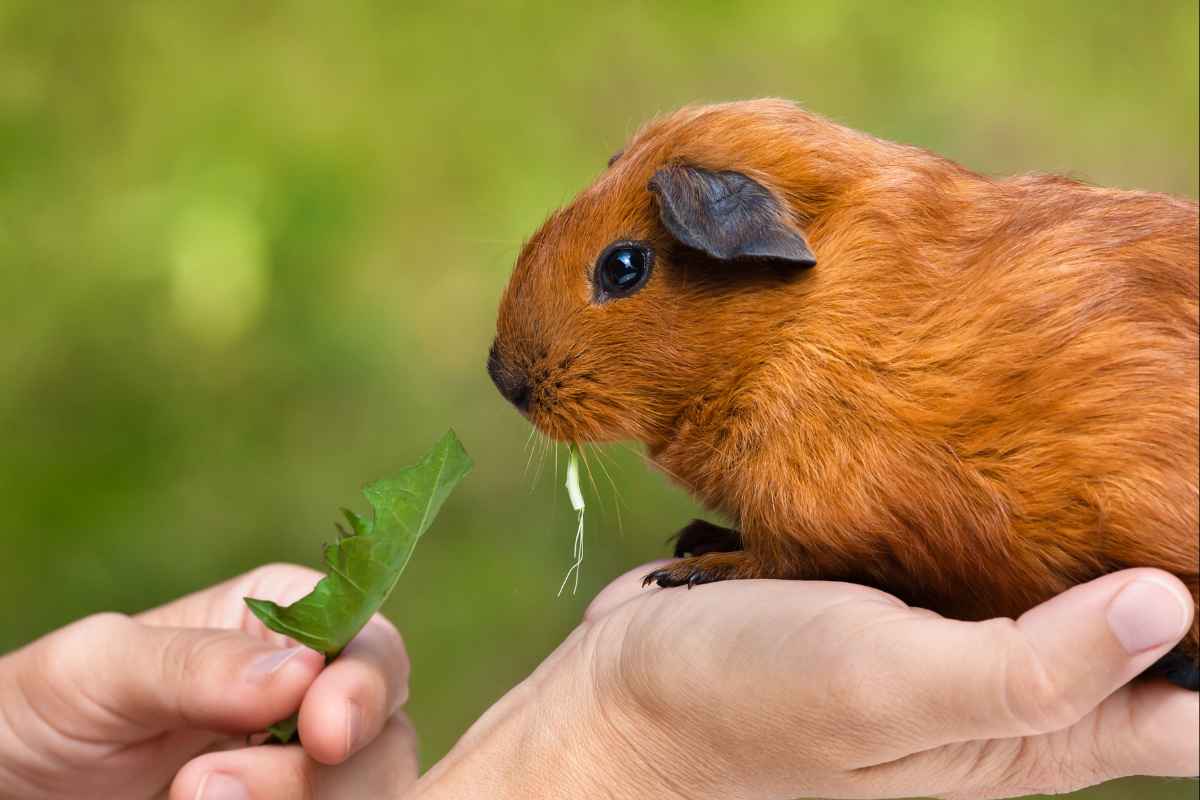
Guinea pigs require a diet rich in vitamin C, fiber, and fresh vegetables. A poor diet is one of the leading causes of illness in guinea pigs.
What You Should Do:
Offer fresh hay every day, as it provides the necessary fiber for healthy digestion.
Include fresh vegetables like bell peppers, spinach, and kale, and avoid high-sugar fruits such as grapes or bananas.
Add a vitamin C supplement if necessary, especially in winter when fresh produce is harder to find.
2. Keeping Them in a Small Cage
It is essential to provide guinea pigs with enough space to move around. A crowded cage can lead to stress, obesity, and even injury.
What You Should Do:
Ensure that the cage is at least 0.5 square meters per guinea pig.
Include plenty of hiding spots, tunnels, and climbing areas to enrich their environment and encourage natural behaviors.
Consider expanding their living area to give them more room for exercise.
3. Lack of Ventilation in Their Cage
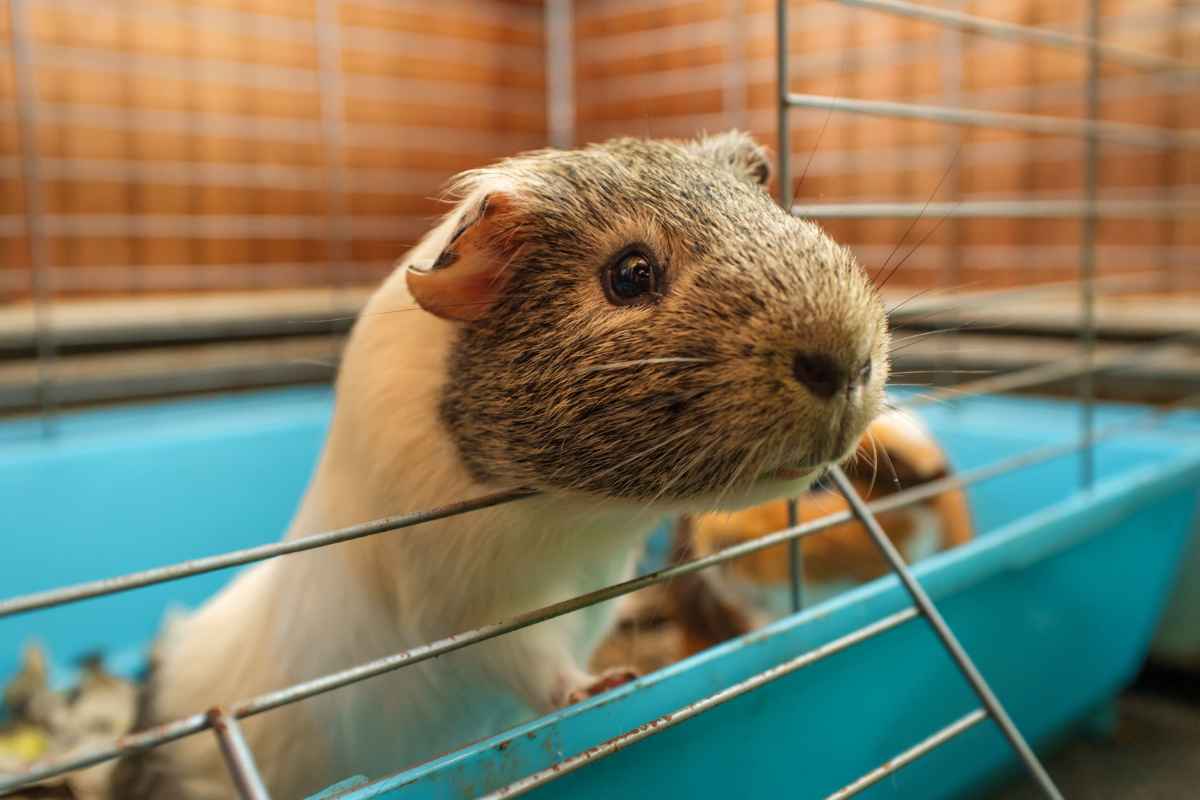
Guinea pigs need good airflow in their living space to stay healthy. Poor ventilation can cause respiratory issues, especially with bedding like wood shavings.
What You Should Do:
Avoid aquariums or tanks, as these trap heat and moisture.
Opt for a cage with proper airflow and consider using paper-based bedding or fleece to keep the cage clean and dry.
4. Overlooking the Importance of Socialization
Guinea pigs are highly social creatures and thrive when kept in pairs or small groups. Isolation can lead to stress, depression, and behavioral issues.
What You Should Do:
Keep at least two guinea pigs together, as they feel more secure and happier with a companion.
If keeping a single guinea pig, be sure to spend quality time interacting with them daily.
5. Improper Handling
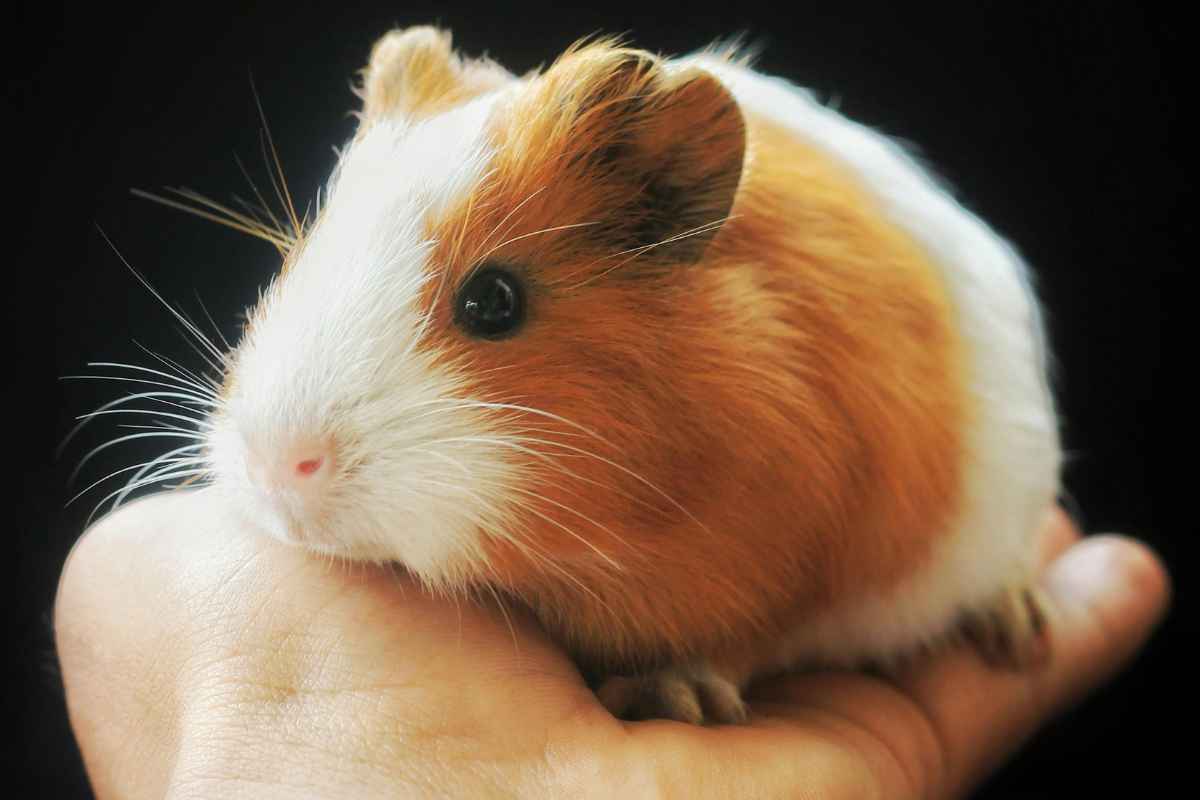
Guinea pigs are fragile creatures, and rough handling can result in broken bones or injury. Many owners unknowingly mishandle their pets.
What You Should Do:
Always handle guinea pigs gently. Support their body with one hand under the chest and the other under their rear.
Never pick them up by their limbs or ears, as this can cause harm.
6. Ignoring Their Hygiene Needs
A dirty cage can lead to health problems like respiratory infections and skin issues.
What You Should Do:
Clean the cage at least twice a week, or more often if it’s particularly dirty.
Replace wet bedding immediately to prevent bacterial growth and odor.
Give your guinea pig a weekly check-up, including their nails, teeth, and fur.
7. Poor Bedding Choices
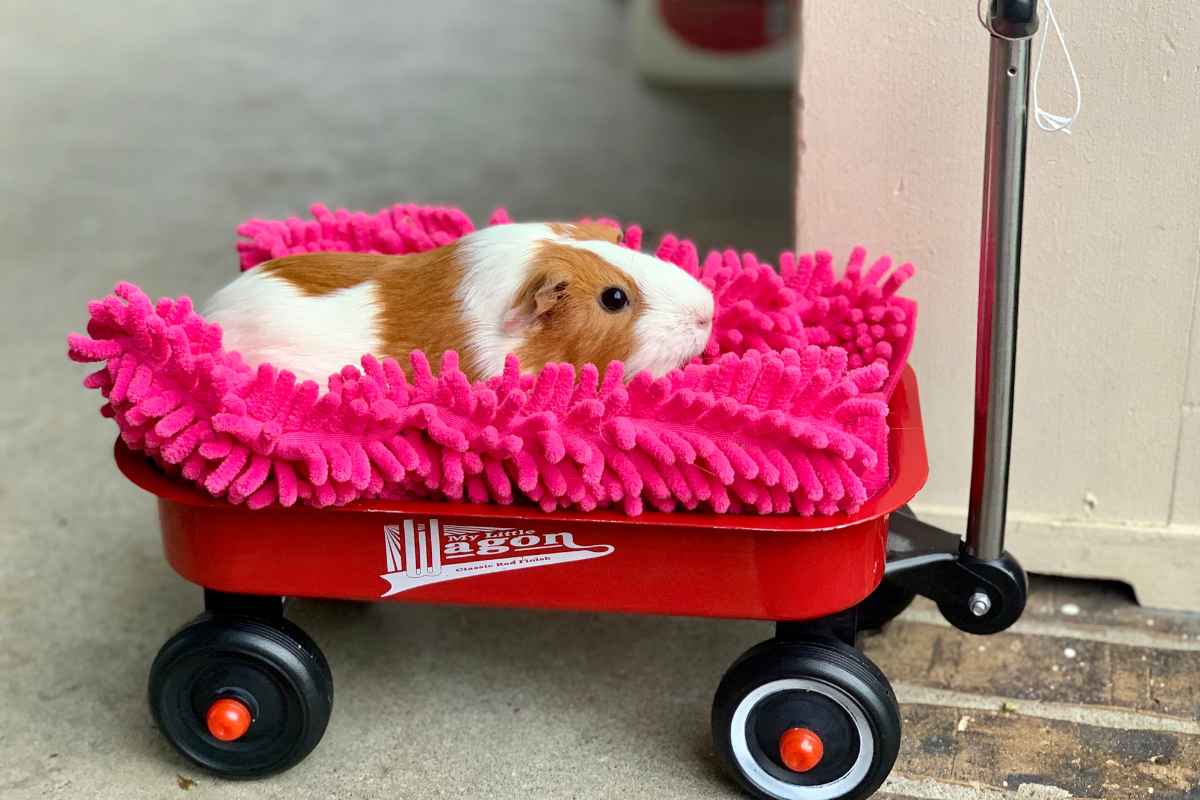
Some bedding materials can be harmful to guinea pigs, causing respiratory issues or skin irritation.
What You Should Do:
Use paper-based bedding or fleece liners, which are safe and absorbent.
Avoid cedar or pine shavings, as they can release harmful oils that irritate their respiratory system.
8. Keeping Them in the Wrong Temperature
Guinea pigs are sensitive to extreme temperatures, and being kept in an environment that’s too hot or too cold can cause stress or even death.
What You Should Do:
Keep guinea pigs in a room where the temperature stays between 18°C (65°F) and 24°C (75°F).
Avoid direct sunlight or placing their cage near windows, radiators, or air conditioners.
9. Overfeeding or Underfeeding
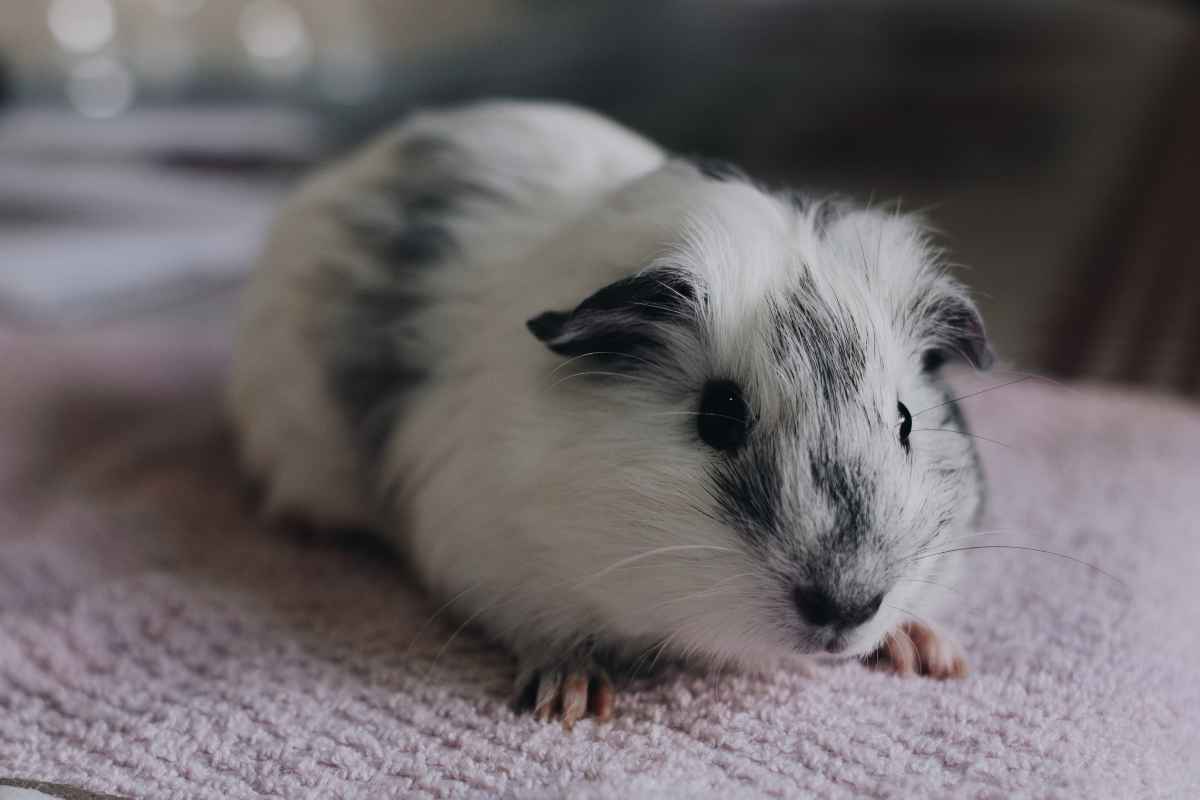
Both overfeeding and underfeeding can have serious health consequences, such as obesity or malnutrition.
What You Should Do:
Ensure they have a balanced diet consisting of unlimited hay, a small amount of fresh veggies, and pellets.
Be mindful of how much fresh fruit and veggies you offer—moderation is key.
10. Not Providing Enough Mental Stimulation
Guinea pigs are intelligent animals that require mental stimulation to stay happy. A lack of stimulation can lead to boredom, which may cause destructive behavior or depression.
What You Should Do:
Add toys like chew sticks, cardboard tubes, and tunnels to their cage.
Rotate toys regularly to keep them engaged.
11. Overcrowding in Their Space
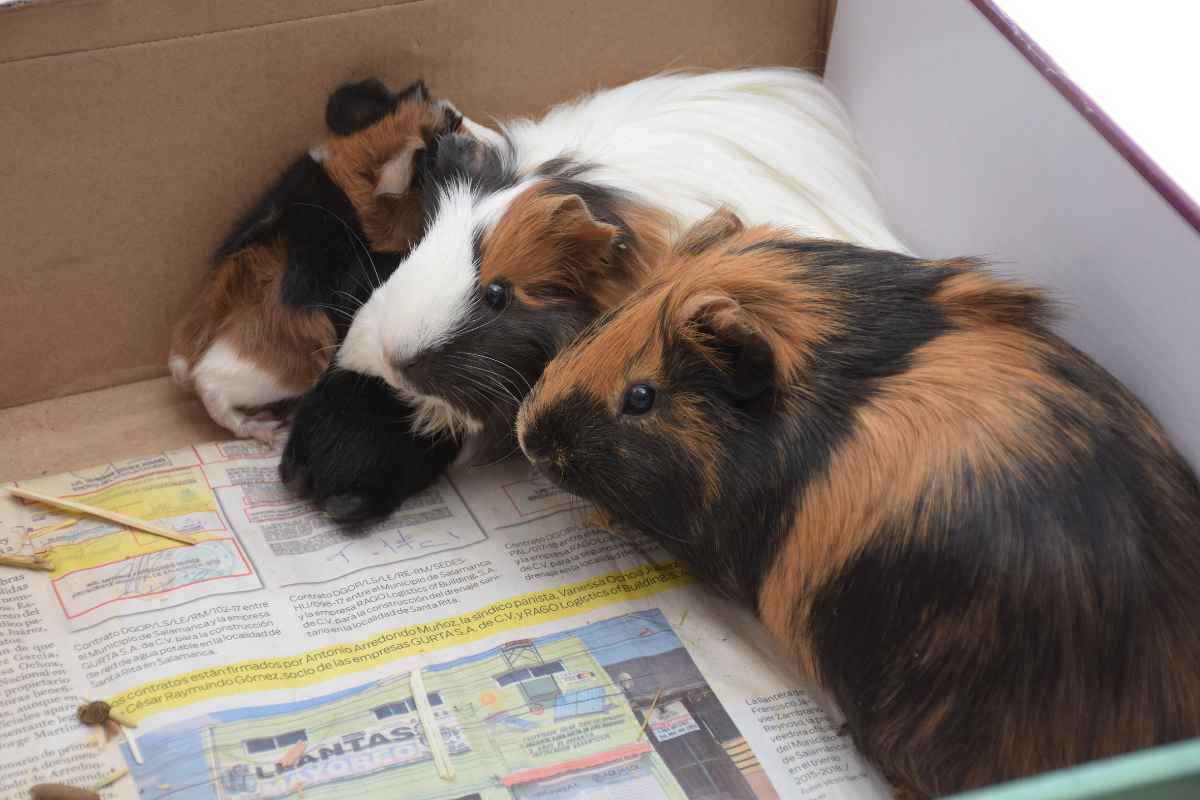
While guinea pigs enjoy companionship, having too many guinea pigs in a small space can cause stress and fighting.
What You Should Do:
Ensure that there is enough space for each guinea pig to move comfortably without overcrowding.
Observe interactions and be mindful of any signs of aggression, such as chasing or biting.
12. Not Monitoring Their Health Regularly
Guinea pigs are prone to certain health issues, like dental problems, skin infections, and bladder issues. Ignoring their health can lead to serious problems.
What You Should Do:
Check their teeth, nails, and fur regularly to ensure they’re in good health.
Schedule annual check-ups with a vet who specializes in small animals.
13. Providing Inadequate Hiding Spots
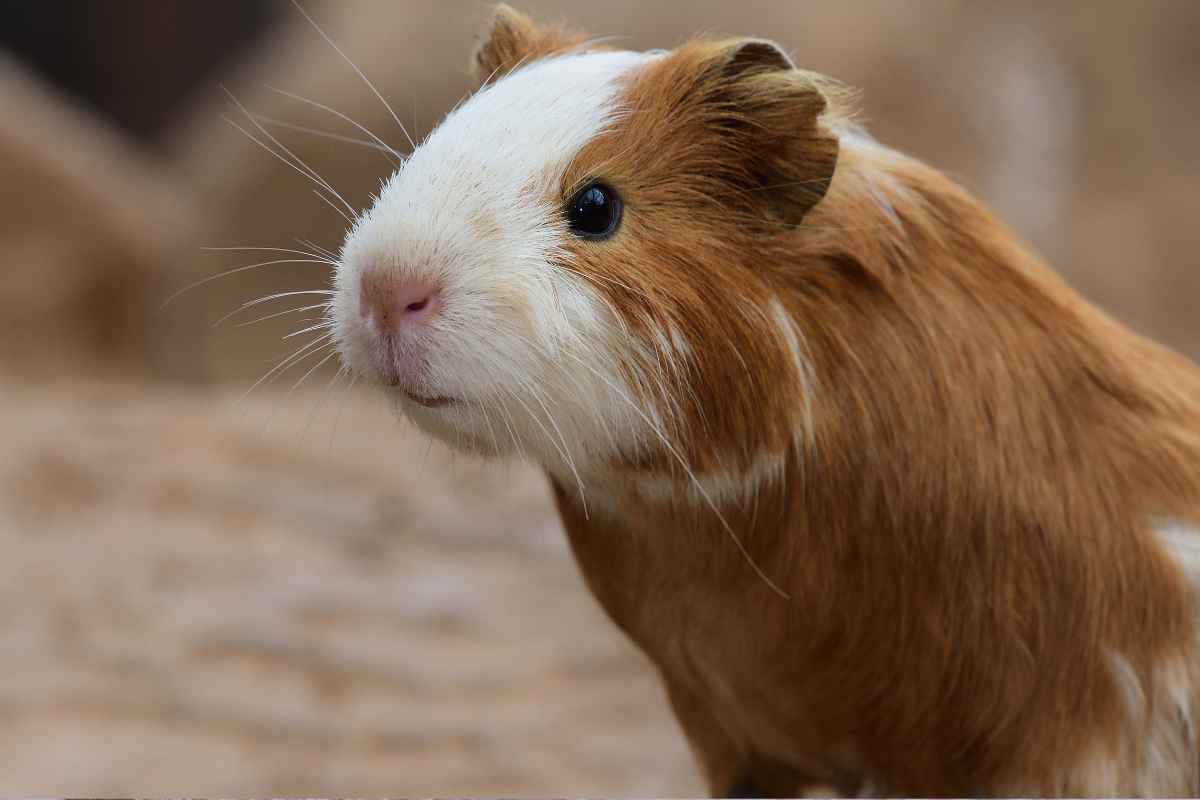
Guinea pigs are prey animals, meaning they need plenty of safe spaces to hide when they feel stressed or frightened.
What You Should Do:
Place hiding houses or cardboard boxes in their cage so they can retreat when needed.
Make sure they have multiple options for hiding, especially if you have more than one guinea pig.
14. Lack of Proper Exercise
Exercise is essential for guinea pigs to stay healthy. A lack of exercise can lead to obesity and other health problems.
What You Should Do:
Allow them time to roam in a safe, secure playpen outside their cage daily.
Set up a few small obstacle courses to encourage them to move and explore.
15. Using Toxic Plants or Chemicals
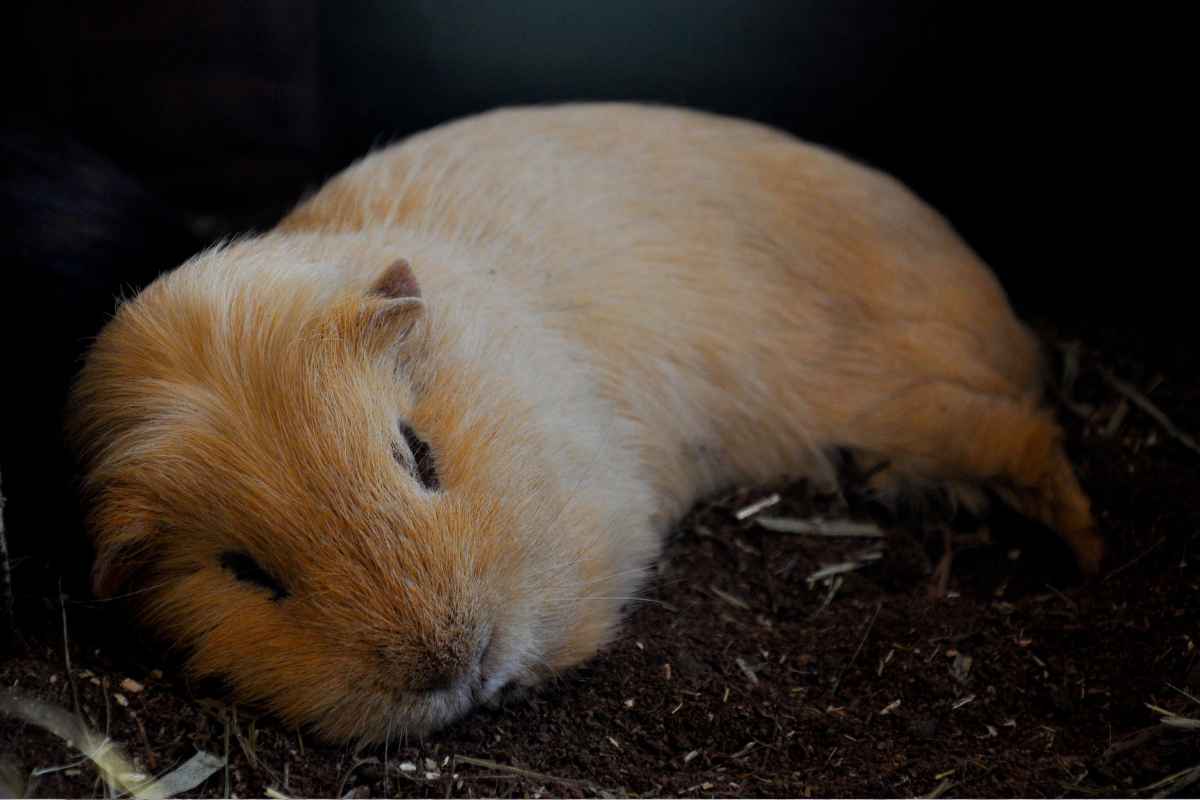
Certain plants, cleaning products, and even air fresheners can be toxic to guinea pigs.
What You Should Do:
Keep guinea pigs away from toxic plants such as pothos, ivy, and lilies.
Use natural, guinea-pig-safe cleaners and avoid harsh chemicals in their living environment.
Conclusion: Prioritizing Your Guinea Pig’s Well-Being

Taking the time to properly care for your guinea pig will ensure they live a happy, healthy life.
By understanding their needs and making the necessary changes in their environment, diet, and routine, you can provide them with the best care possible. With small adjustments, you can make a big difference in their overall happiness and health.
We hope you enjoy this video about Guinea Pigs

Source: Jaw-Dropping Facts
Did you find this post useful or inspiring? Save THIS PIN to your Pets Board on Pinterest!


You may also like